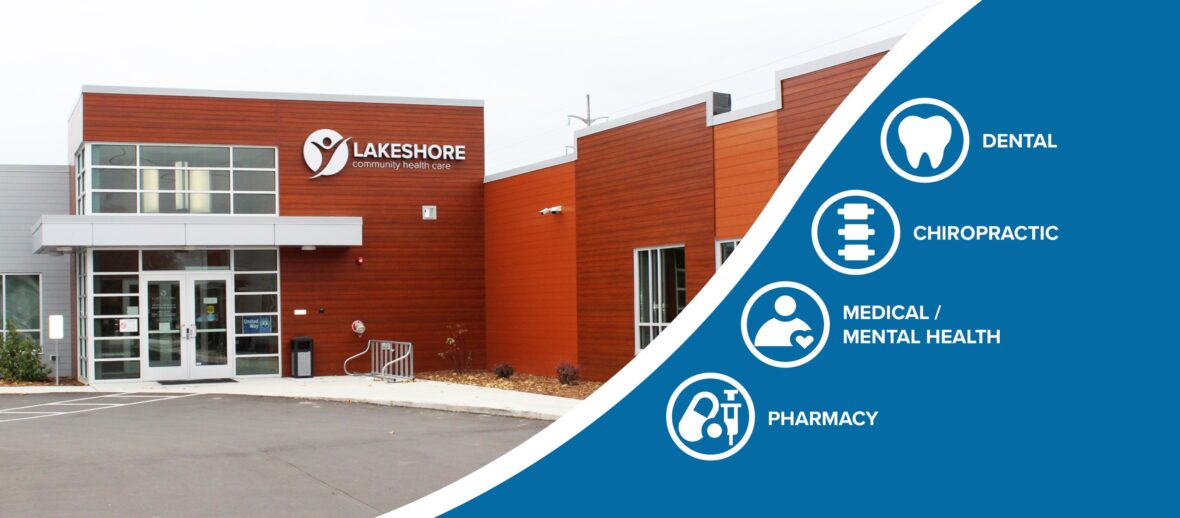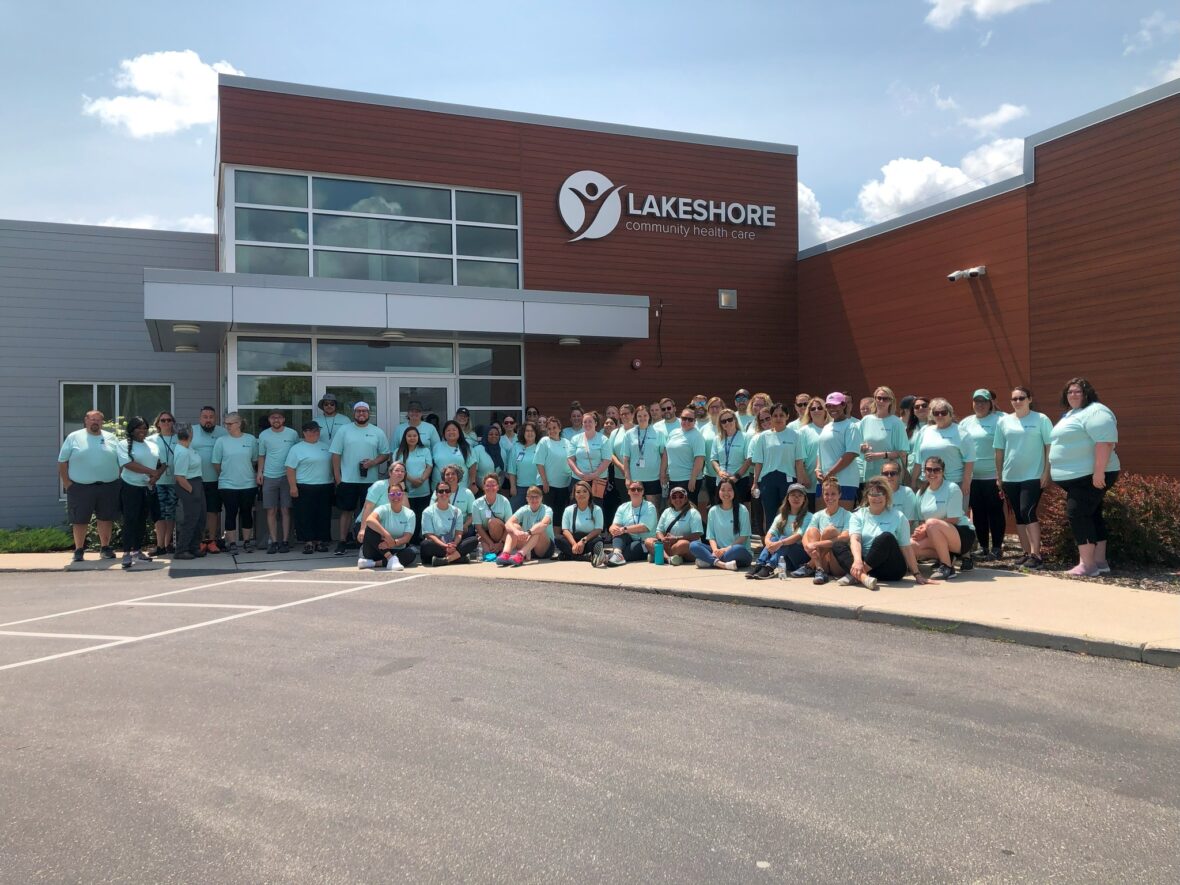When it Comes to Trauma Informed Care, Community Collaboration is the Goal in Sheboygan County
“It’s unavoidable. Everyone will experience a traumatic event, whether it’s the loss of a loved one, being picked on, witnessing or being abused, or something else. Trauma is any experience that overwhelms your thoughts, emotions, or body.”
Those are the words of Frank Simac, School-Based Mental Health Program Manager at Lakeshore Community Health Care. The organization has a clinics in Sheboygan, Manitowoc and West Bend.
“We offer primary medical, behavioral health, chiropractic, dental and pharmacy services,” said Simac. “As a community Health Center, our mission is to reduce barriers to accessing care and treatment.”

Simac participated in Wellpoint Care Network’s “Seven Essential Ingredients of Trauma Informed Care Train the Trainer” course in March of 2021. Since then, he has led roughly 20 sessions, training all 150 Lakeshore Community Health Care employees.
“[As part of our School-Based Mental Health program], we’ve been able to collect Adverse Childhood Experiences (ACEs) scores from all our students the last few years. The goal this school year is to also track resiliency scores. We’re trying to identify how we as a clinical team, as a group, as a community, could offset that trauma response that is being experienced, and how we can be more purposeful with our interventions.”
Simac says Wellpoint Care Network’s Trauma Informed Care training helps them reach that goal because employees are better educated and prepared to deal with trauma responses.
“It helps draw awareness and perspective shift when we encounter people. How to separate behavior from person. Then we don’t have to take it personally, we don’t have to be adversarial. In this field, what Trauma Informed Care helps with is creating an understanding to build allies.”
He says more healthcare systems would benefit from Trauma Informed Care training, principles, and practices.
“I think it helps draw understanding of current patterns of behavior, thoughts and engagement in formal supports,” adds Simac. “It removes that question of ‘Well, why don’t they want to get better?’ As if it’s a choice, right? There are choices many people have, but a lot of behavior occurs because it’s an individual’s best attempt to get their needs met. Trauma Informed Care helps build that understanding of ‘How is this person getting their needs met? How can I look at that differently?’ And then, ‘How can I help them develop a different way to have those needs met?’ Instead of blaming and shaming and using that traditional viewpoint of consumers in healthcare.”
To have the most effective impact, a push to make Trauma Informed Care a community-wide effort is underway.
“In Sheboygan County, what we’re attempting to do is bridge the gap between all the good work people are doing,” said Simac. “When we provide interventions to individual’s lives, there’s so much hurt that’s going on. There’s enough work for everyone. So how do we play nicely in the sandbox, but more importantly, how do we not duplicate services? How do we work together and collaborate? Because no one has to do it all or should do it all. That’s a big burden based on the need. In the county, what we’re working on developing is some community educational seminars to bridge the community together. We are trying to create a healing environment where we are able to understand what’s occurring and what we can do to respond.”

When it comes to Trauma Informed Care training, Simac recommends Wellpoint Care Network because of the toolkit of resources provided.
“It’s trauma-informed as far as knowledge, and practice as well. You don’t leave thinking, ‘I don’t know what to do with it now.’ There’s a lot of knowledge, and there’s a lot of concrete skills and behaviors that could be implemented right away. When people think of Trauma Informed Care, often they just think of the knowledge part instead of the application part. The Seven Essential Ingredients does a good job of bridging that gap.”
The reality is, Trauma Informed Care will never not be needed.
“With the human experience and knowing we’re going to have the whole gamut of emotions and that we are going to interact with people who have been exposed to trauma and have trauma response, it’s inevitable,” said Simac. “I’m very excited about the long-term implications of Trauma Informed Care and trauma-informed practices in people’s lives.”








